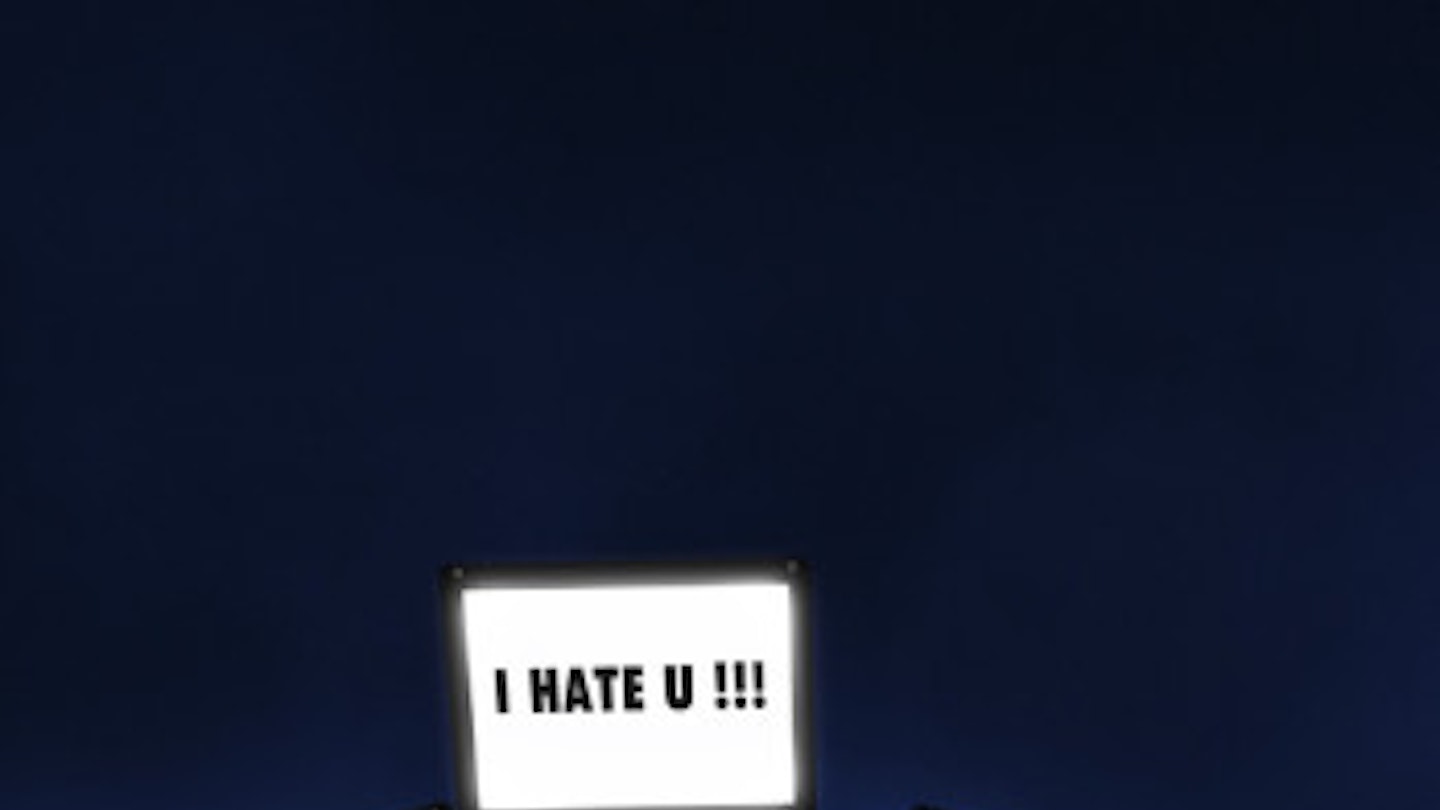Women between the ages 18-24 experience the most severe online harassment, a new survey says, with a quarter of these experiencing stalking and online sexual harassment.
The survey shows only 13% of men in the same age group go through this kind of thing, although men are actually more likely to be called offensive names, physically threatened and purposefully embarrassed.
For women, the harassment generally takes place over social media, and while this is also true for men, the latter also reported gaming as a place they are being harassed.
Eighteen to 29 year olds of both sexes are more likely than any other group to be harassed, with 65% of all internet users dealing with some kind of abuse at one point or another. It’s even higher among 18-24 year olds at 70%.
So who’s doing all the harassing? You would think it was bullies at school or disgruntled exes of your current flame, that kind of thing, but actually 38% of people say a complete stranger was the perpetrator, while a further 26% say they were harassed by someone hiding behind a fake identity (see: school bullies/disgruntled exes of your partner/jealous ex-flings).
You’d think that dating apps and sites such as OK Cupid and Tinder are ripe for harassment, but a remarkably small percentage of abuse takes place on these – only 6%. That is really quite low, considering the ripe-for-rejection-anger nature of these particular online beasts.
The study also asked participants about what kind of action or inaction they found to be effective when dealing with trolls. Sixty per cent ignored it and of the 40% who did something about it, almost half confronted the troll, 44% unfriended/blocked them and 22% reported them to the website, app or social media channel in question.
Of course, blocking and unfriending isn’t always effective, as some of the more determined trolls will set up new accounts just to bother you, and with this in mind, 13% of respondents deleted their profile or changed their handles. In some cases, the harassment was so severe that 5% reported the trolling to the police,
It’s heartening to know that the majority of people don’t take that stuff to heart – more than half of people who get harassed say that it was a little or not at all upsetting – although 28% of people would describe it as extremely or very upsetting.
Unsurprisingly, women find it more upsetting than men: 38% percent of women were extremely or very upset about their most recent incident, while only 17% of men felt upset.
Source: Pew
This article originally appeared on The Debrief.
